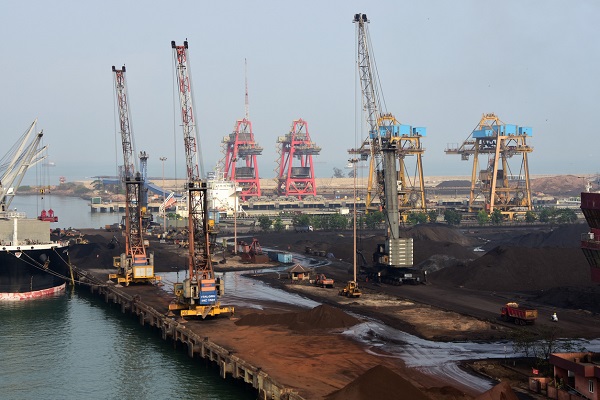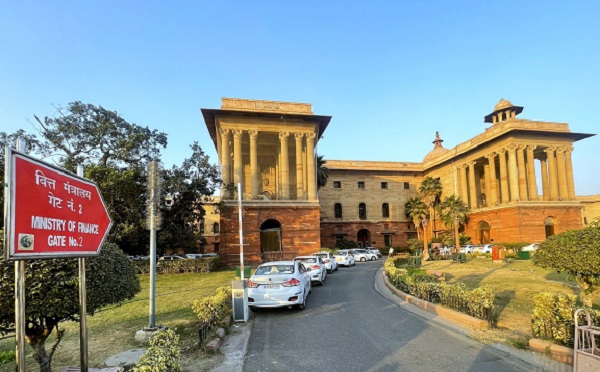.png)
July 23, 2025 at 1:22 PM IST
India’s growing dependence on imported crude oil has placed the economy in a precarious position—one where even moderate oil price shocks can threaten its inflation-control efforts and broader economic stability. As the RBI’s July 2025 Bulletin outlines, while past interventions have blunted the immediate impact of oil price spikes, the need for more durable, structural solutions has never been greater. At the heart of this response must be proactive government policy focused on diversifying energy sources and securing favourable trade relationships.
The most pressing challenge is India’s mounting reliance on imported crude, which now accounts for nearly 88% of its oil consumption, up from about 78% in 2013-14. Given the inelastic nature of both oil supply and demand in the short run, international crude price fluctuations exert a powerful influence on domestic fuel inflation. These effects are transmitted directly through petrol and diesel prices and indirectly via higher transport and input costs across sectors.
Empirical evidence from the RBI study shows that a 10% increase in global crude prices could raise India’s headline CPI inflation by approximately 20 basis points on a contemporaneous basis. Though this passthrough is relatively muted in recent years, thanks to government interventions such as adjustments in excise duties and regulatory control over oil marketing companies. It still poses inflationary risks, especially in a deregulated price environment.
Past episodes underline this dynamic. In 2020, despite a historic low in international crude prices, retail fuel inflation in India remained high due to pandemic-related hikes in fuel duties. In contrast, subsequent reductions in excise duties in 2021 and 2022 helped buffer the inflationary impact of the global energy price spike triggered by the Russia-Ukraine conflict.
What makes the inflationary effect of oil prices particularly important is its policy sensitivity. For an inflation-targeting central bank like the RBI, global oil dynamics are a central variable in monetary policy formulation. The direct and second-round effects of oil prices on both headline and core inflation mean that failure to adequately manage oil-induced inflation could force premature tightening of policy or derail ongoing disinflation.
In this context, it is clear that monetary policy cannot shoulder the burden alone. Fiscal and trade policy must lead the charge. First, reducing crude oil dependency by aggressively promoting non-fossil energy--such as ethanol, biodiesel, biogas, solar, wind, and nuclear--would enhance India’s energy security. Government programmes that support infrastructure for renewables and incentivise industrial transition to cleaner energy sources are crucial.
Second, India must leverage its geopolitical clout to pursue regional trade agreements and bilateral treaties with oil-producing countries. These agreements can help secure long-term oil import deals at preferential prices, offering stability amid global volatility. India’s recent pivot to Russian crude during Western sanctions is a case in point; it highlights the scope for strategic procurement that lowers average import costs without sacrificing supply security.
Moreover, diversifying energy sourcing countries and promoting alternate fuels aligns with India’s climate commitments, allowing fiscal, environmental, and inflation goals to converge.
However, vigilance remains key. The impact of oil prices on inflation is not static. The RBI’s rolling regression analysis demonstrates that the sensitivity of domestic inflation to oil prices has fluctuated over time, influenced by changes in domestic regulation, fiscal interventions, and global disruptions. Thus, continuous macroeconomic monitoring and agile policy response are essential.
While government policy has historically played a buffer role, it must now evolve into a more strategic and structural force. Without reducing oil dependency and forging smart trade partnerships, India risks being perpetually vulnerable to global energy volatility. In the coming years, the country’s inflation path and energy security will be shaped not just by international markets--but by how well its policymakers anticipate, prepare, and adapt.



